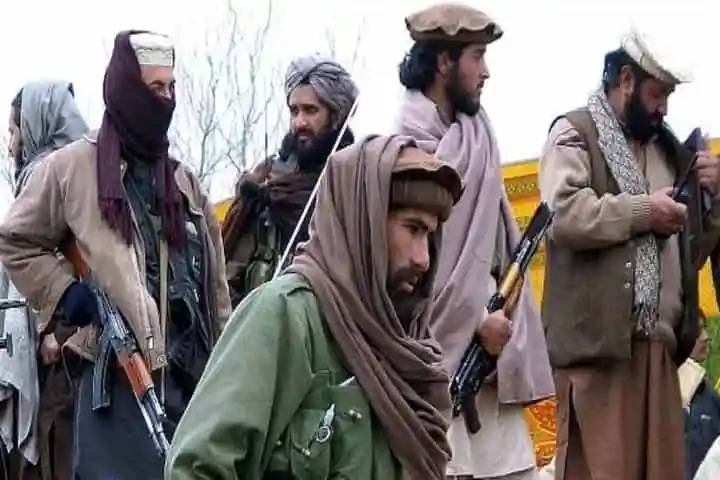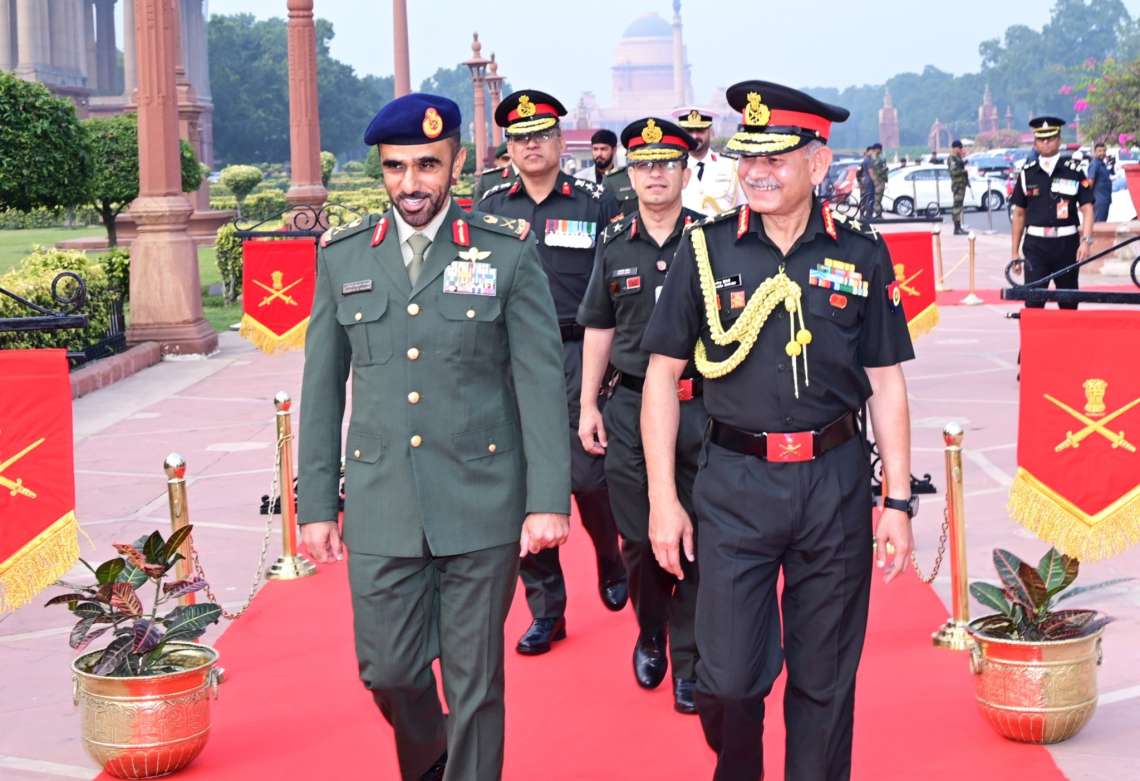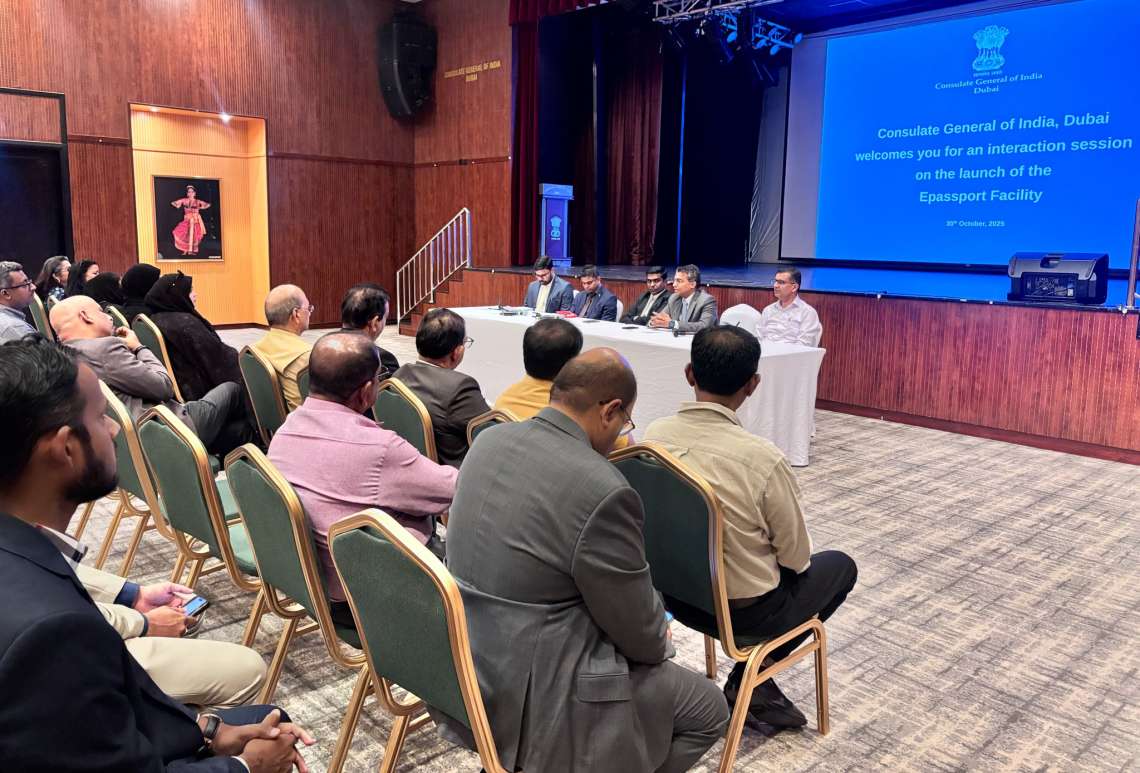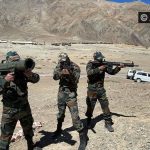India’s Permanent Representative T.S. Tirumurti noted that the Taliban, which now controls Afghanistan, “is yet to dissociate itself with other terrorist groups such as the Al-Qaeda which continue to remain active”….reports Arul Louis
India has warned of Afghanistan becoming a haven for terrorist organisations that threaten the region and called for unified action against the Islamic State, Al-Qaeda, Jaish-e-Mohammed and Lashkar-e-Taiba getting entrenched there.
India’s Permanent Representative T.S. Tirumurti told the UN Security Council on Thursday, “We need to see concrete progress in ensuring that such proscribed terrorists, entities or their aliases do not get any support, tacit or direct, either from Afghan soil or from the terror sanctuaries based in the region.”
“The linkages between groups listed (as terrorist organisations) by the UNSC (Security Council) such as the Lashkar-e-Taiba and the Jaish-e-Mohammed, as well as provocative statements made by other terrorist groups operating out of Afghanistan pose a direct threat to the region,” he said.
He noted that the Taliban, which now controls Afghanistan, “is yet to dissociate itself with other terrorist groups such as the Al-Qaeda which continue to remain active”.
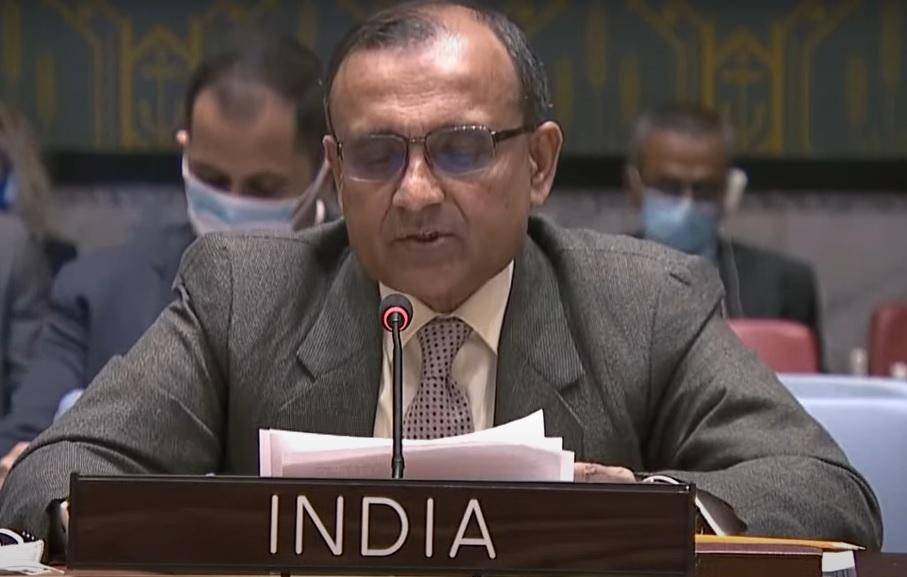
Therefore, he added, unified action was needed to “ensure that Afghanistan does not become a haven” for other terrorist organisations, including the “local Islamic State affiliate known by the acronym ISIS-K, Al-Qaeda, Jaish-e-Mohammed and Lashkar-e-Taiba”.
Tirumurti heads the Council’s panel overseeing the implementation of its sanctions relating to Afghanistan that is known as the 1988 Sanctions Committee after the resolution setting it up.
He said that the committee’s report issued in May indicates “that the current authorities need to take much stronger action to fulfil their anti-terrorism commitments”.
In particular, he added that “there is a significant increase in the presence of ISIL-K in the country and their capacity to carry out attacks. ISIL-K, with its base reportedly in Afghanistan, continues to issue threats of terrorist attacks on other countries”.
ISIS-K has claimed responsibility for the attack on gurdwara Karte Parwan in Kabul last week and has threatened to strike elsewhere.
Under-Secretary-General Martin Griffiths, who is the UN’s Emergency Relief Coordinator, described the “desperate situation” of starvation and drought in Afghanistan which has been compounded by the earthquake this week.
Asking for more aid to that country while pledging to ensure that they are administered properly, he said, “Without intervention, hunger and malnutrition will intensify with devastating consequences. Drought will persist, wreaking havoc on crop yields and availability of safe water.”
Tirumurti said that India has sent Afghanistan 30,000 tonne of wheat, 13 ton of medicines, 500,000 doses of Covid-19 vaccines and winter clothing.
India has signed an agreement with the World Food Programme (WFP) for the distribution of 50,000 tonne of wheat in Afghanistan.
The wheat supply through the WFP was held up by Pakistan but has since been allowed and they are being sent to Afghanistan.
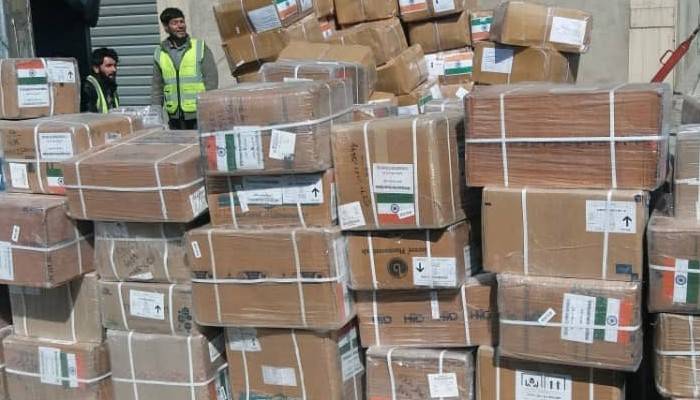
India has also sent 1 million doses of the Covaxin vaccine to Iran to innoculate Afghan refugees living there against Covid-19, Tirumurti added.
He said that an Indian team had gone to Afghanistan this month to meet representatives of the international organisations involved in distribution of the humanitarian assistance and to visit places where Indian programmes and projects are being implemented like Indira Gandhi Children Hospital, Habibia High School, Chimtala sub-power station and the WFP wheat distribution centre.
According to the Ministry of External Affairs, the team headed by Joint Secretary J.P. Singh was also to have met with representatives of the Taliban.
Trina Saha, the Acting US Mission’s Minister Counselor for Political Affairs, said that if the Taliban wants to normalise relations with the international community, it should heed the Council’s demand “to reverse the steps it’s taken to exclude women from social, political and economic life — immediately”.
“This is a perilous moment for Afghanistan,” she said, adding, “We have been alarmed by the resumption of fighting and reports of abuses against civilians in various parts of Afghanistan, including in Panjshir.”


